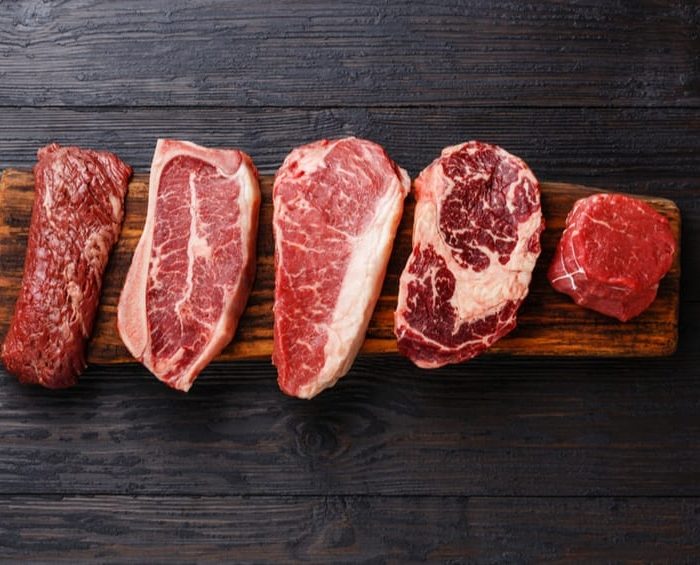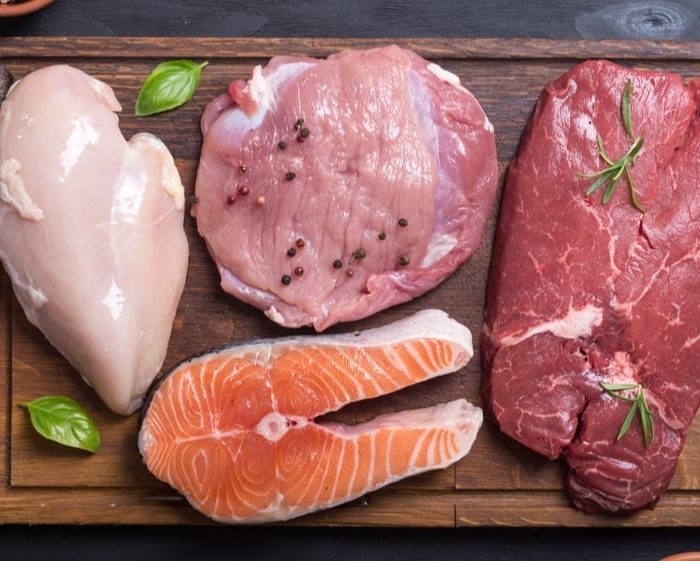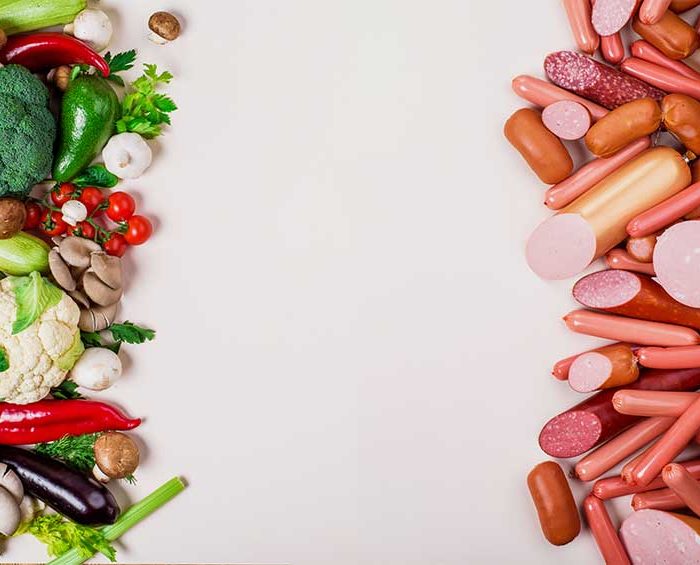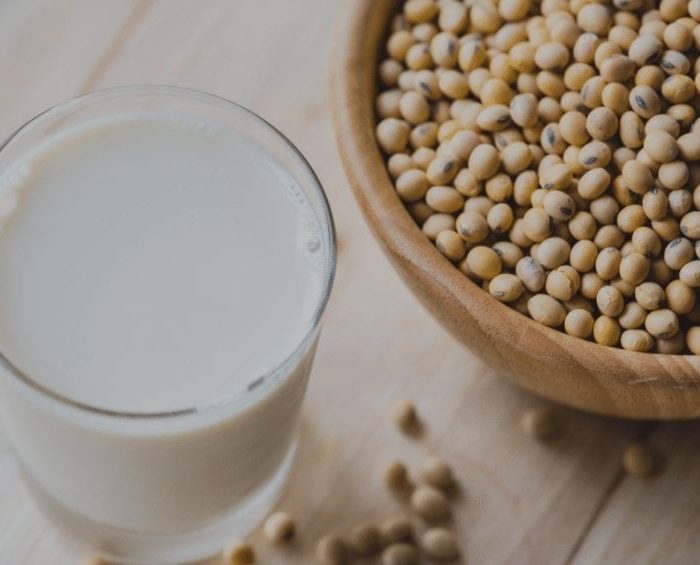What is Protein?
Proteins are the structural components of your entire body! They make up your hair, skin, nails, bones, connective tissue, muscles, blood cells, hormones, etc. Proteins are made up of amino acids. There are 20 amino acids and think of them like legos that can be built up in different ways to make different proteins. There are 9 essential amino acids (your body cannot make these and you have to obtain them from your diet) and 11 non-essential amino acids (your body can make these). A complete protein source has all essential amino acids, whereas an incomplete protein source is lacking one or more essential amino acids.
Protein Consumption To Optimize Health
Protein synthesis is the process of building proteins, which as structural components for cells in your body (including muscle). Protein requirements increase as you age. Younger individuals can optimize protein synthesis by consuming around 20-30g (4-5 oz) of protein in a single serving.
After the age of 50, there is an average loss of 1% in muscle mass each year because you are likely to experience anabolic resistance (anabolism = building, catabolism= breaking down). That simply means that your body is more resistant to protein. The same 20-30g of protein that may have triggered protein synthesis before, may not after this age. Individuals over 50 should consume at least 30-40g of protein per meal to optimize muscle building and mitochondrial health.
The minimum amount of protein that should be consumed daily is 1g/kg of body weight. To optimize muscle mass, 1.2-1.5g/kg of body weight should be consumed. Additionally, protein consumption should be spread out throughout the day, instead of being consumed all at once.
Keto Rash
Consuming too little protein on the ketogenic diet can cause the keto rash. If you find yourself getting a rash on keto, increase your protein to at least that 1g/kg mark, if not all the way up to 1.2-1.5g/kg.
Protein Cycling
If you find yourself having a difficult time staying in ketosis or staying in your calorie range while trying to optimize protein intake, something you can do is cycle your protein. This means alternating days that you consume 1.0g/kg, 1.2g/kg, and 1.5g/kg throughout the week. This can improve body composition, improve the health of your hair/skin/nails, improve muscle mass, etc.
Animal VS Plant Protein
No matter where you are a die-hard carnivore or vegan, it’s important to understand the nutritional differences between animal and plant-based proteins. Animal-derived proteins (meat, dairy, eggs, etc.) are complete protein sources (they have all 9 essential amino acids). Most plant-based proteins (like beans, legumes, rice, and pea protein) are incomplete protein sources (do not contain all 9 essential amino acids). Consuming incomplete protein sources can lead to deficiency syndromes (reduced muscle mass, reduction in immune health, reduction in hair/skin/nail health, etc).
Quality protein is not only important for optimizing muscle mass, but also for mitochondrial health, which is important for general health, aging/longevity, and body composition. Improving mitochondrial health can help burn fat, elevate metabolism, and drive you into a state of ketosis such that ketones are more readily utilized and you burn fat more efficiently.







